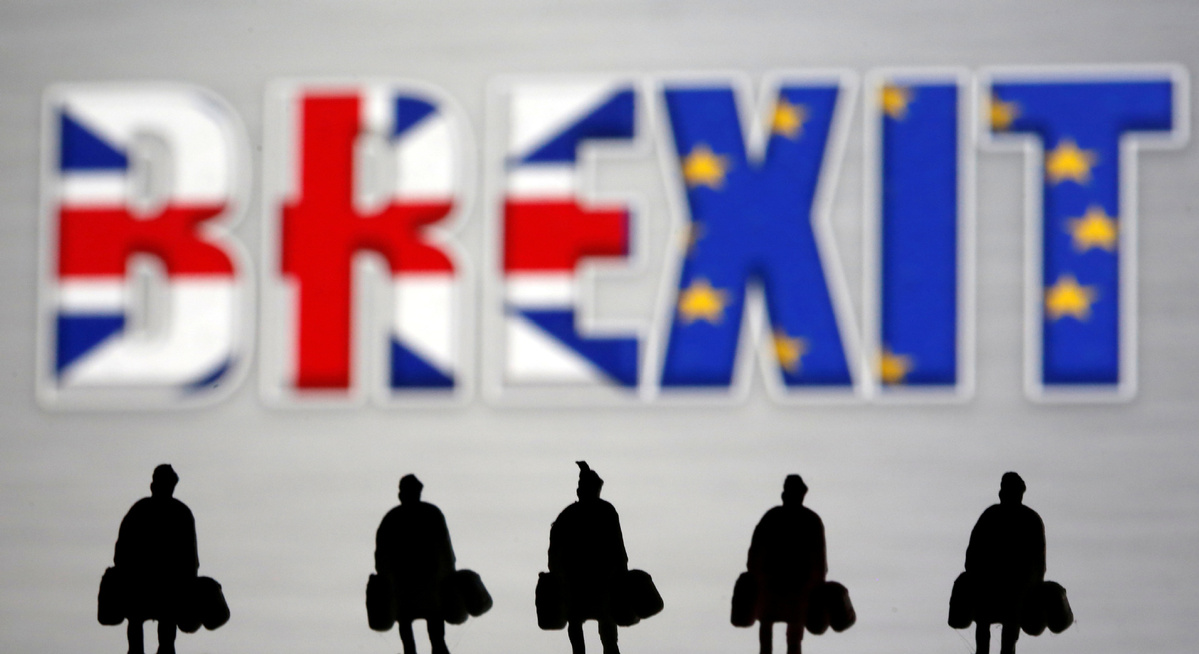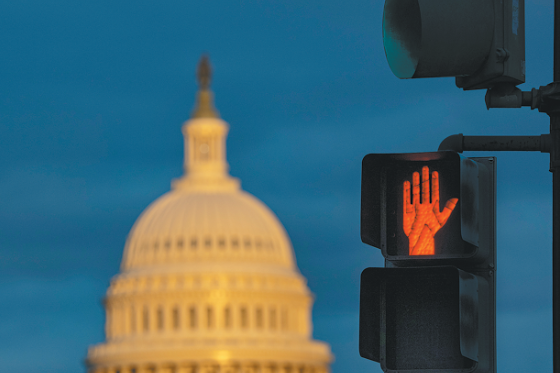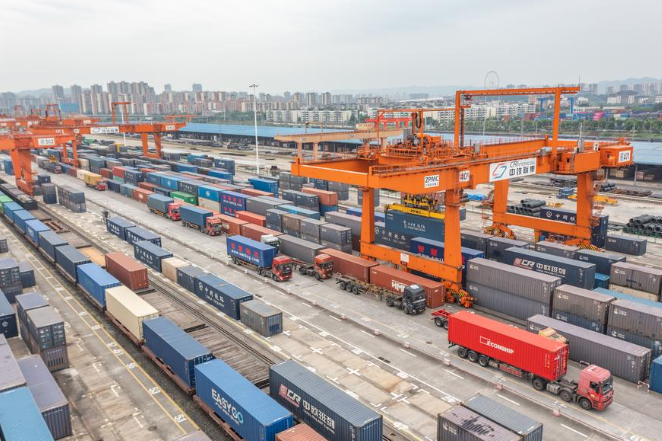Brexit to delay UK economic recovery


The United Kingdom's economy will nosedive next year without a post-Brexit trade deal with the European Union, according to analysis from one of the world's largest accountancy companies.
KPMG said economic growth in 2022 would be half what it should be, putting the nation's recovery from the economic damage caused by the novel coronavirus on the backburner.
GDP growth would likely be 4.4 percent without a deal and 10.1 percent if the UK and EU continued trading as they have in the past.
The analysts said trading under World Trade Organization terms would mean the UK would have to wait until 2024 to get its economy back to pre-pandemic levels. A deal with the EU would mean the UK would get its economy back to pre-pandemic levels during 2022, KPMG said.
The Guardian newspaper quoted Yael Selfin, chief economist at KPMG UK, as saying: "The impact of Brexit will single the UK out among advanced economies next year."
But she said a deal between the two sides would still not be as kind to the UK economy as remaining a member of the bloc would have been. "There will be changes, even with a deal, but the initial destruction next year would be sharper without one," she said.
KPMG said a "limited deal" - a so-called middle point between no-deal and a full, free-trade deal - would likely mean economic growth of around 7.2 percent next year after an anticipated fall of 11.2 percent in 2020.
The Financial Times added in an analysis of the UK economy that the nation's weakness in international economic league tables throughout the pandemic was likely down to "stretched household finances and potentially wasteful public spending".
The paper said nations that outperformed the UK economically had stronger household spending and governments that spent cautiously at a time when the UK spent big on establishing its test and trace program and buying personal protective equipment.
But it also said statistical anomalies and differences in the way nations gather and report their data mean the UK may not have fared as poorly against its rivals as it first appeared.
Kallum Pickering, an economist at Berenberg Bank, told the FT analysts need to "beware the statistical oddities".
But despite worries about Brexit damaging the economy next year and about the harm the pandemic has done to it this year, parts of the UK's economy have fared well.
The BBC said house prices have remained strong and even risen sharply in some parts of the country, as people have prized larger homes with outdoor space.
The Office for National Statistics said house prices rose by 6.4 percent during the year ending September in southwest England and by 4.7 percent across the UK as a whole.
The average cost of a home in the UK now stands at 245,000 pounds ($326,000) and the average home in London sells for 496,000 pounds.
Nicky Stevenson, managing director of the estate agent group Fine and Country told the broadcaster: "No part of the UK economy has fl own over the COVID storm like the property market and the picture in September strengthened across the board."

































